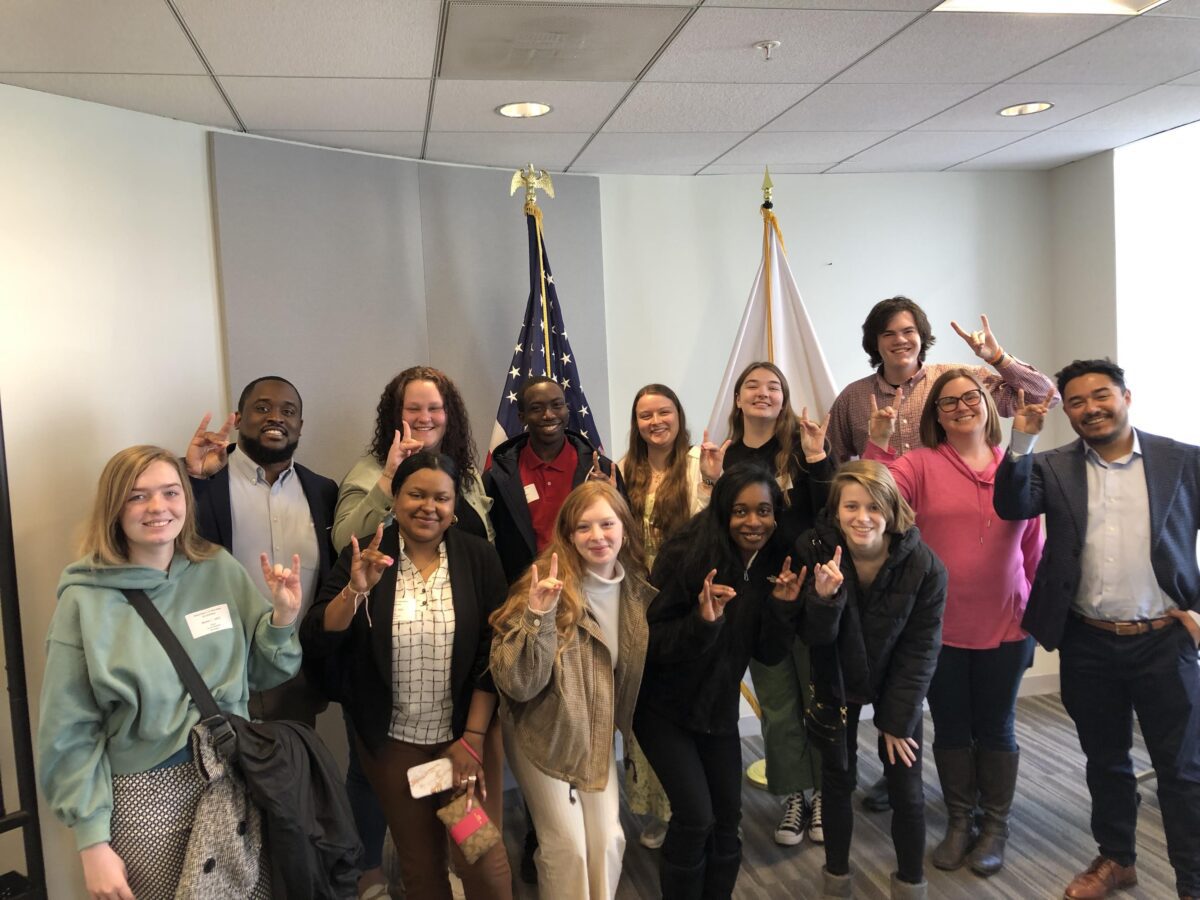

Every day, excellent teachers in North Carolina’s classrooms make a difference in students’ lives. They help children who are struggling with content or dealing with trauma. They transform lives and support growth and well-being for all learners. Well-prepared teachers are the backbone of our success as a community, and we need a lot more of them. Across our state, thousands of classrooms started the school year without a highly-qualified teacher.
Creative and effective solutions that strengthen what is already working and generate new initiatives that address the current crisis in the teaching workforce are urgent. These solutions also need to attend to the quality of teacher preparation in order to best serve our students, particularly those most vulnerable.
The teacher shortage exists because we have too few people entering the pipeline into teaching and too many leaks along the way. Effective solutions, therefore, must focus on both teacher preparation and retention, and these two issues are, in fact, connected: better prepared teachers also stay longer in the classroom.
A recent study from Texas analyzed data collected over a decade to connect teacher preparation programs, teacher retention, and student learning. The study showed the cumulative impact of having under-prepared teachers enter the classroom: students from low-income households who were more likely to be assigned several under-prepared teachers over the years could be a whole year behind by ninth grade. The study also demonstrated that teachers entering the profession through university-based programs that included multiple semesters of course-work and practice-based field experiences not only performed well in the classroom regarding their students’ learning, they also had a 24% higher retention rate than those entering the profession through other routes.
It took Texas 10 years to have the data that show the key role university-based teacher preparation programs play in educating highly-qualified teachers. North Carolina can learn from these results and partner with university-based teacher preparation programs to generate a collection of creative and effective solutions to the teacher shortage. In fact in our state, we already know that graduates from colleges of education perform well in the classroom and stay longer.
As a dean of a college of education, I see every day the impact our graduates have in helping young learners meet their goals. I also know that they are well prepared to teach, perform well in the classroom, and tend to stay longer in the profession. So how can we strengthen the teacher pipeline? Engaging colleges of education as key partners in innovation within teacher preparation is part of what we need. Colleges of education are part of the solution!
Strengthening partnerships that create new university-based teacher preparation programs and bring together a variety of stakeholders such as universities, schools, community colleges, and industries is important. We can expand what is working, such as programs like N.C. Teaching Fellows, and also build on existing creative approaches such as Transformational Scholars (which is a partnership with private philanthropy) or NC State Education Scholars (which is a partnership with rural and semi-rural school districts) — to mention just a few innovative programs at NC State alone, with many more existing across all our colleges of education.
A high-return approach to address the teacher shortage in our state can stand on three key features. One, create partnerships that offer effective learning experiences in university-based teacher preparation programs. Two, provide incentives, financial support, and loan forgiveness programs that allow all those who want to be teachers to attend these effective university-based programs. And three, offer university-based initial coaching for those who come into the profession needing additional help.
Investing in colleges of education’s capacity to partner with stakeholders and provide these innovative and effective university-based experiences to prepare and support high-quality teachers who will teach and stay in North Carolina’s classrooms is a good investment for the future of our state and our children.




